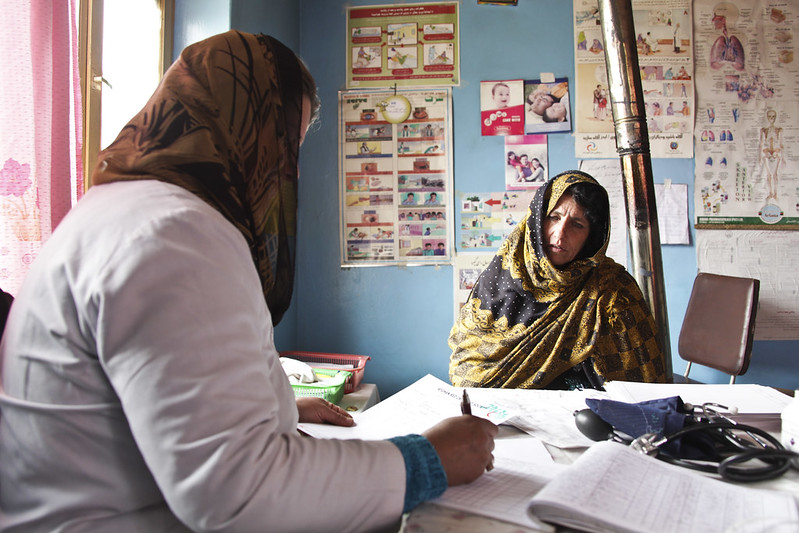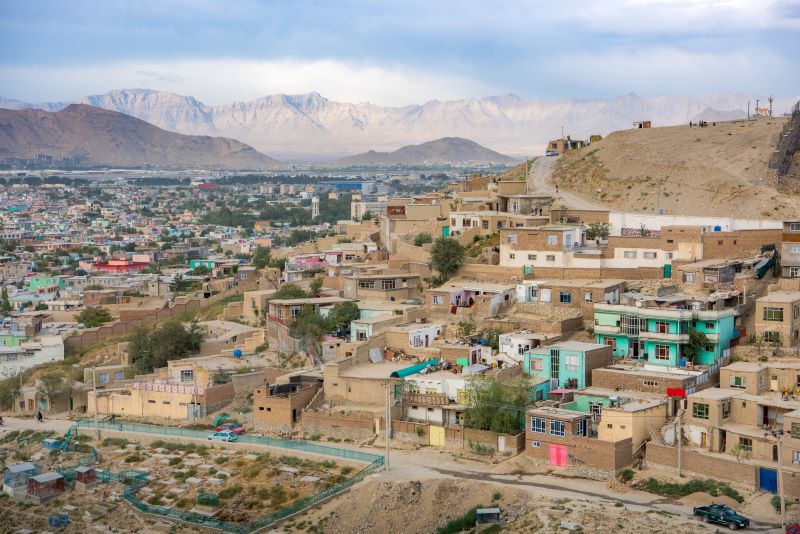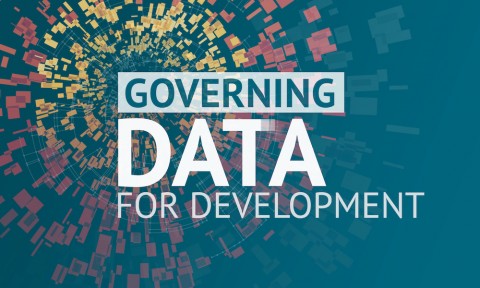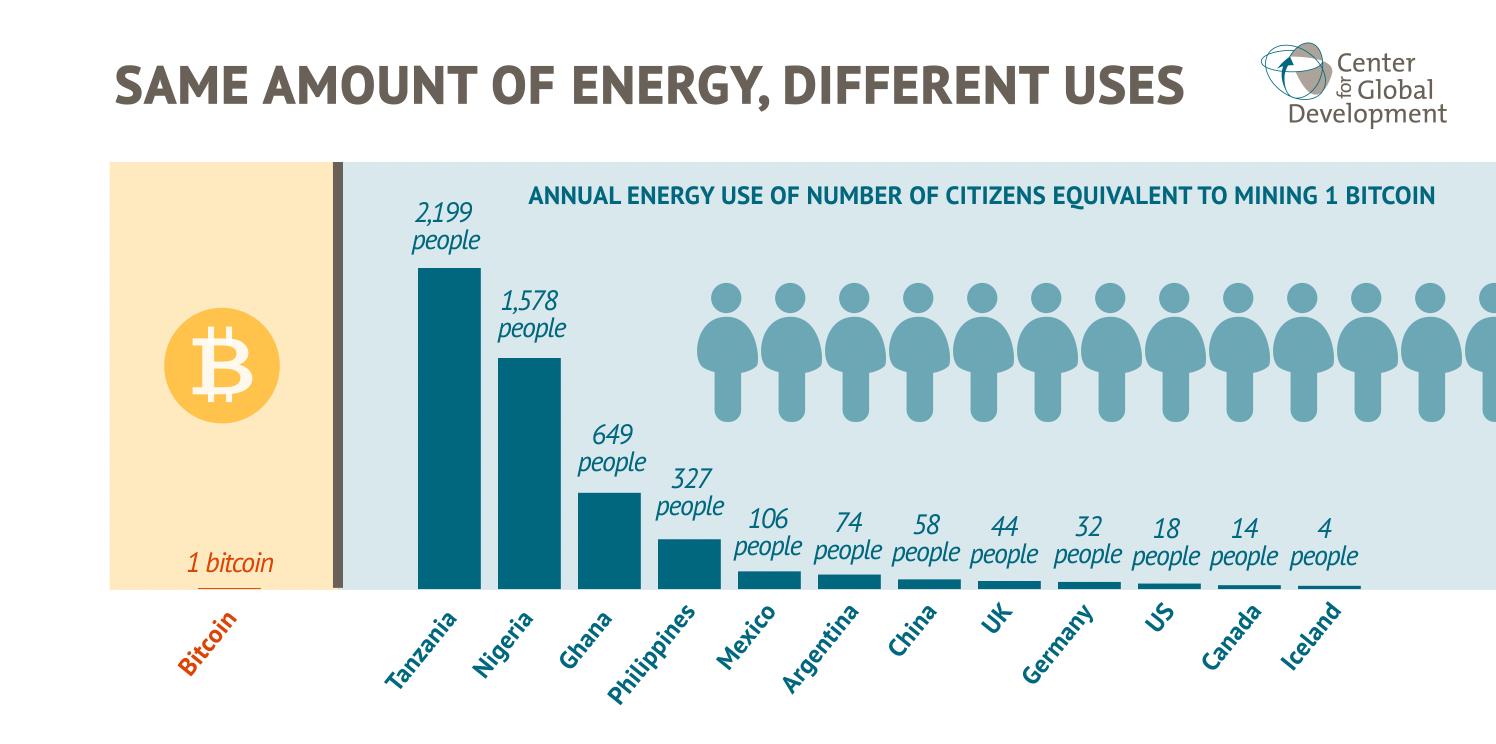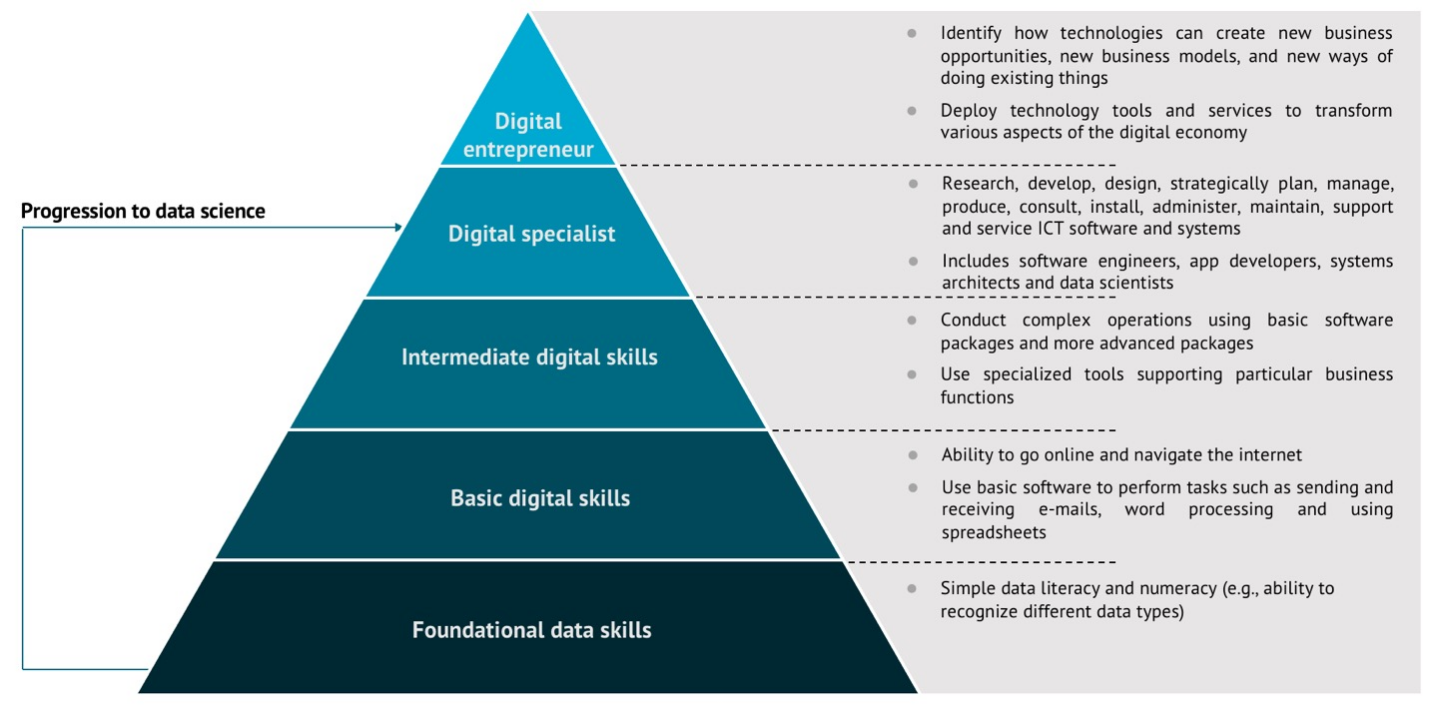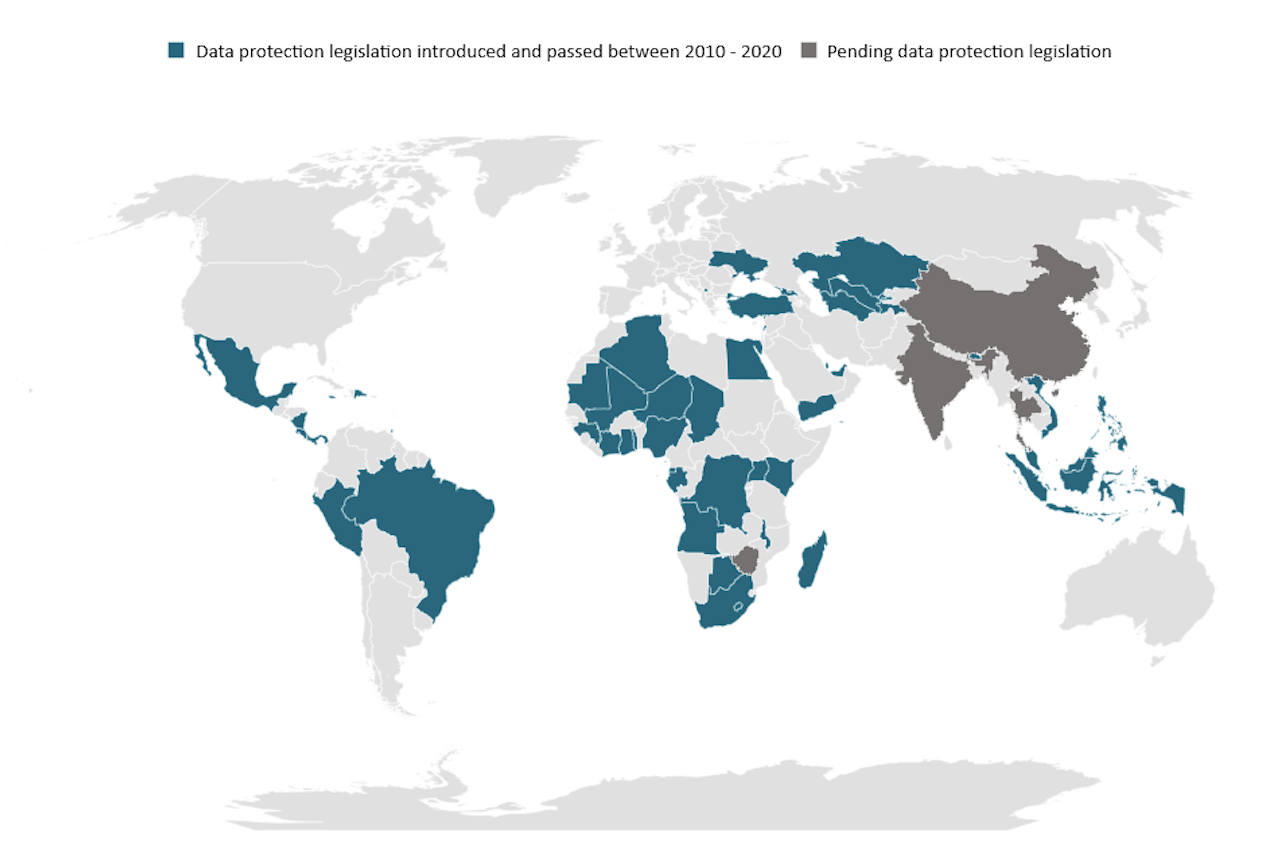Subscribe
Subscribe today to receive CGD’s latest newsletters and topic updates.
All Commentary
Filters:
Topics
Facet Toggle
Content Type
Facet Toggle
Blog Type
Facet Toggle
Time Frame
Facet Toggle
Blog Post
January 21, 2022
Aid alone will not resolve the humanitarian crisis in Afghanistan. Without a functioning financial system, many Afghans will remain unable to buy essential goods, including food and medicine. Humanitarian actors seeking to relieve the effects of these shortages will struggle to move money into and w...
Blog Post
October 25, 2021
As Afghanistan enters its harsh winter season, a massive humanitarian disaster appears increasingly likely. Facing food shortages, rising prices, and a breakdown in public services, millions of ordinary Afghans need immediate assistance as their country veers toward economic collapse.
Blog Post
September 27, 2021
Going digital can greatly improve the efficiency of public services. But just as well-designed digital applications can strengthen the citizen-state relationship, poorly designed or ill-conceived applications can weaken that relationship by creating unnecessary complexity, reducing transparenc...
Blog Post
April 12, 2021
Bitcoin has failed to live up to the hype that it would democratize finance by enabling cheap, instantaneous, and secure payments that could be conducted without having to rely on stodgy old financial institutions like banks and credit card companies. And the Bitcoin network’s spiraling energy needs...
Blog Post
February 03, 2021
Global debates about data governance standards have primarily reflected the priorities and needs of rich countries, with less wealthy countries left in the role of “standards takers.” More needs to be done to ensure that digital governance policies pursued by the world’s largest economies do not cre...
















